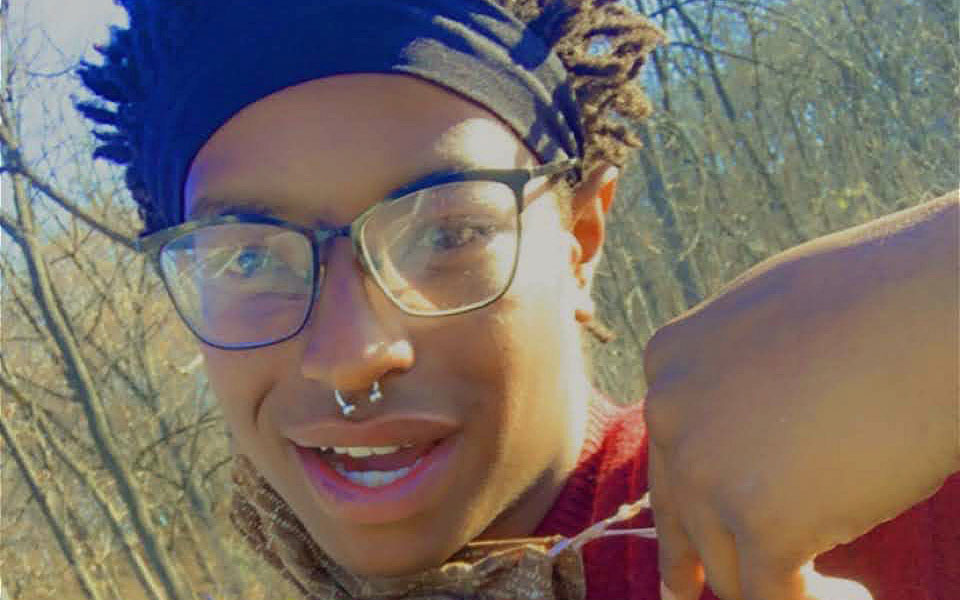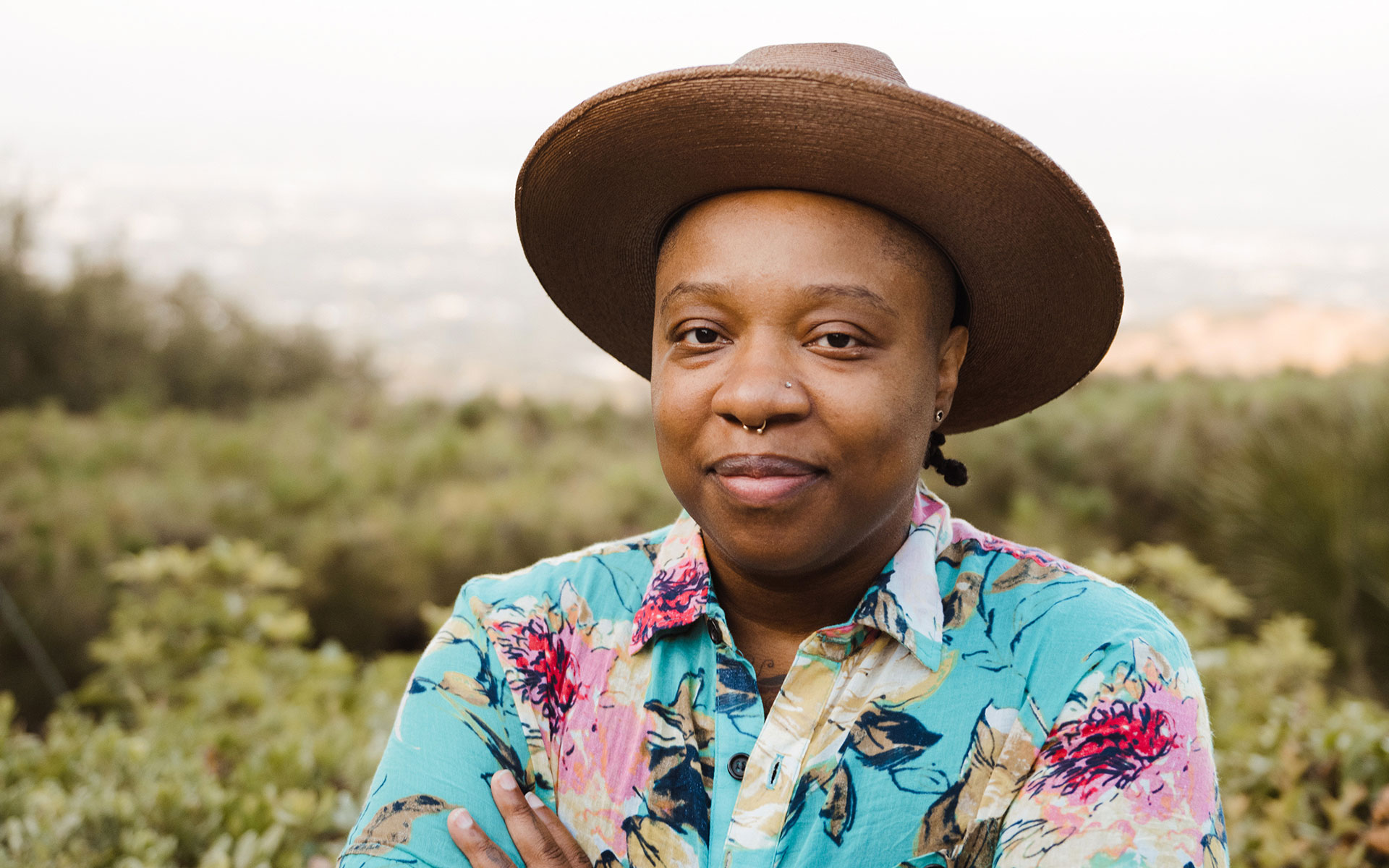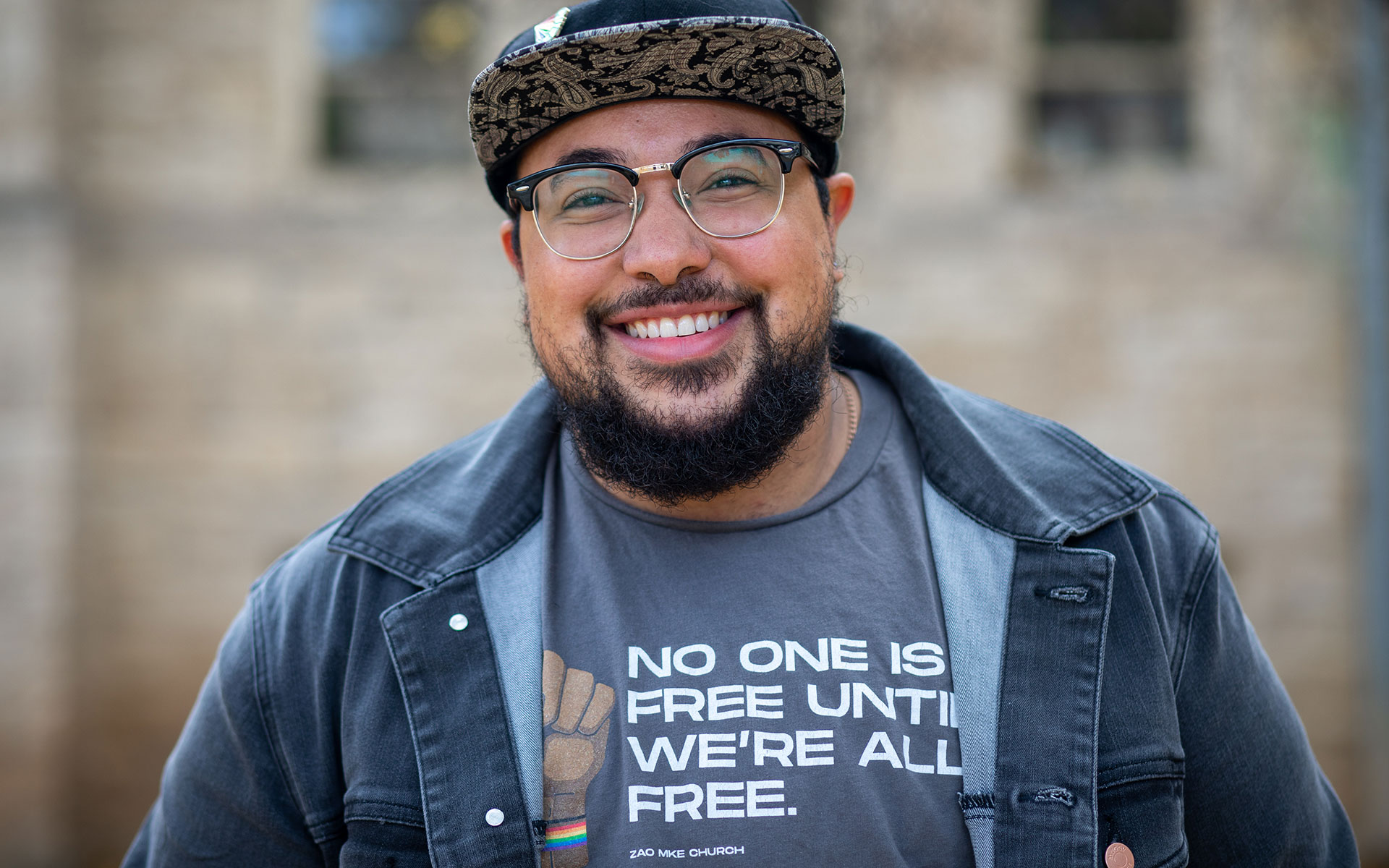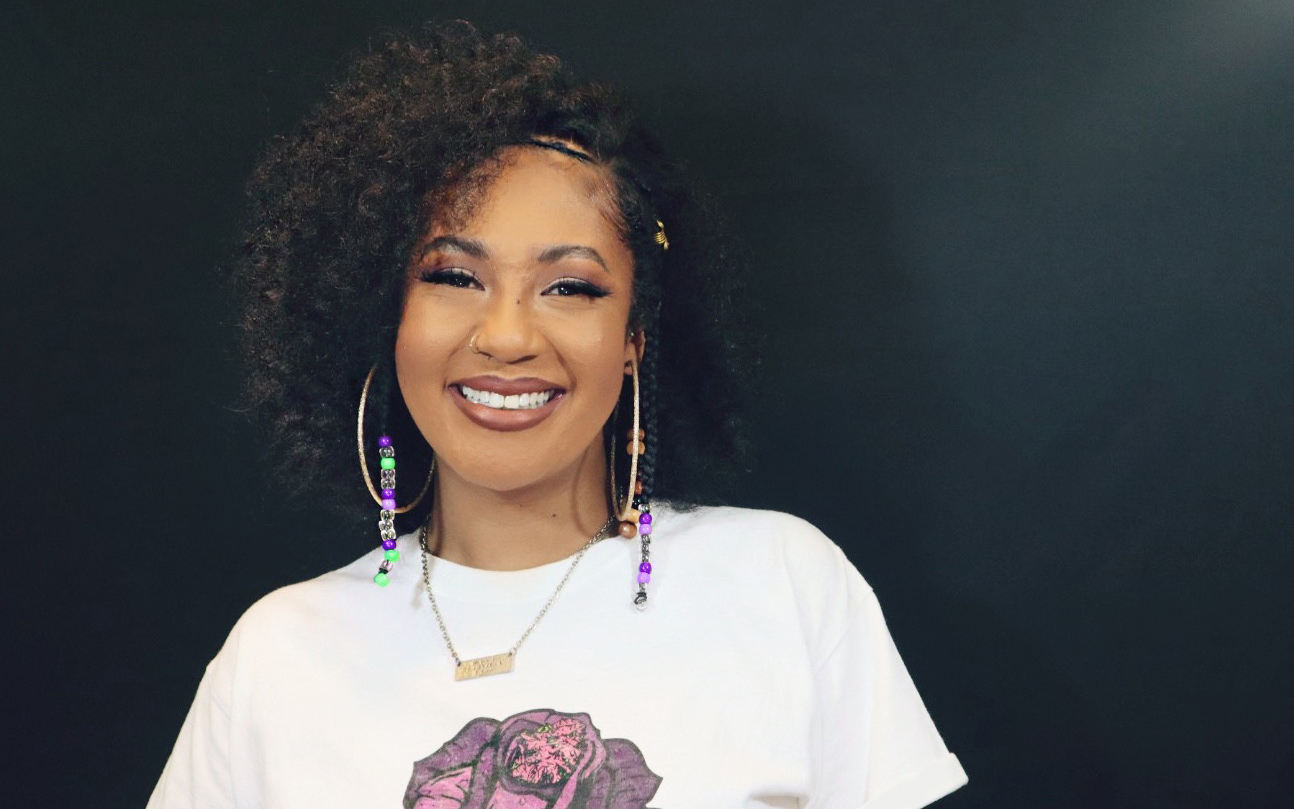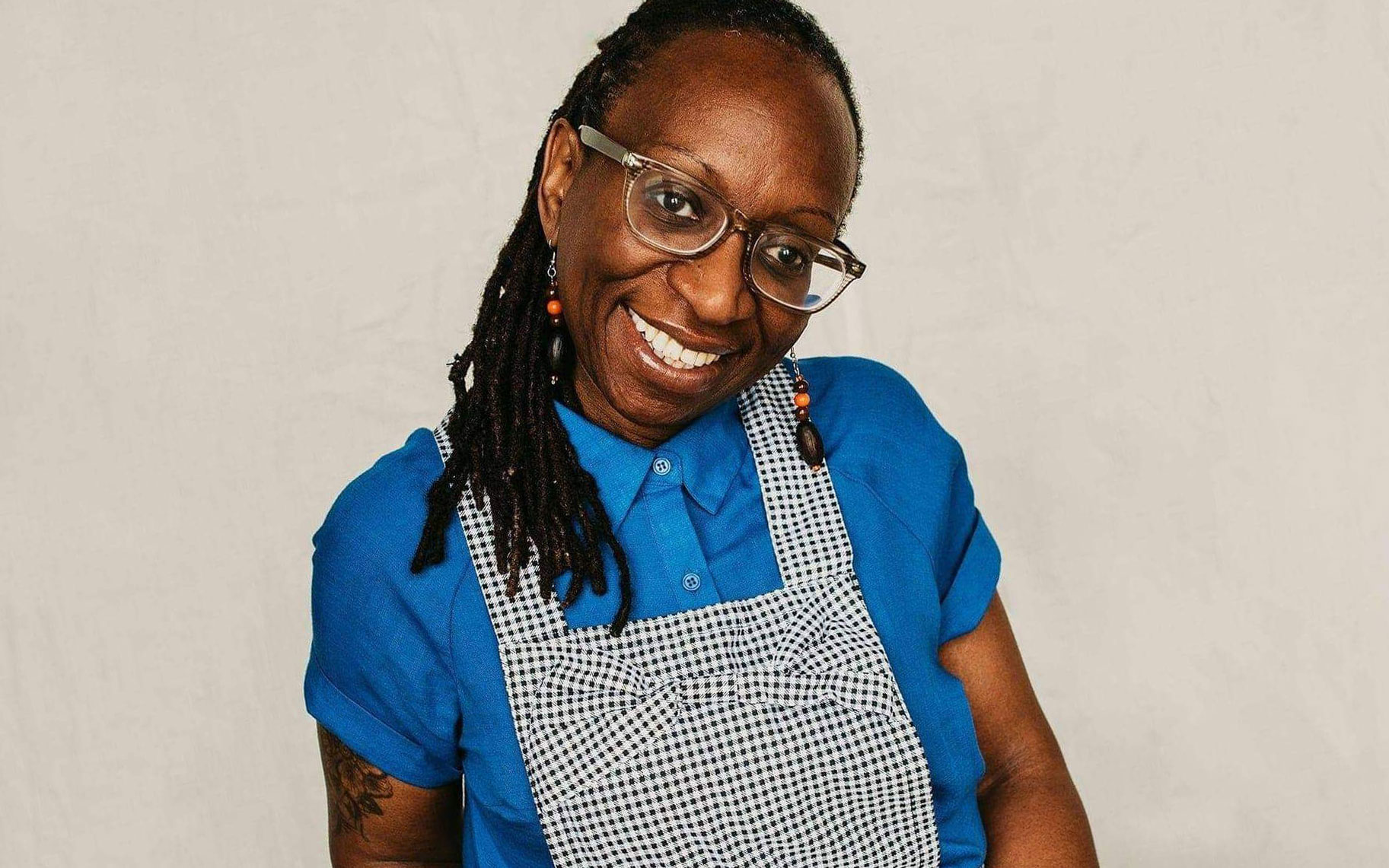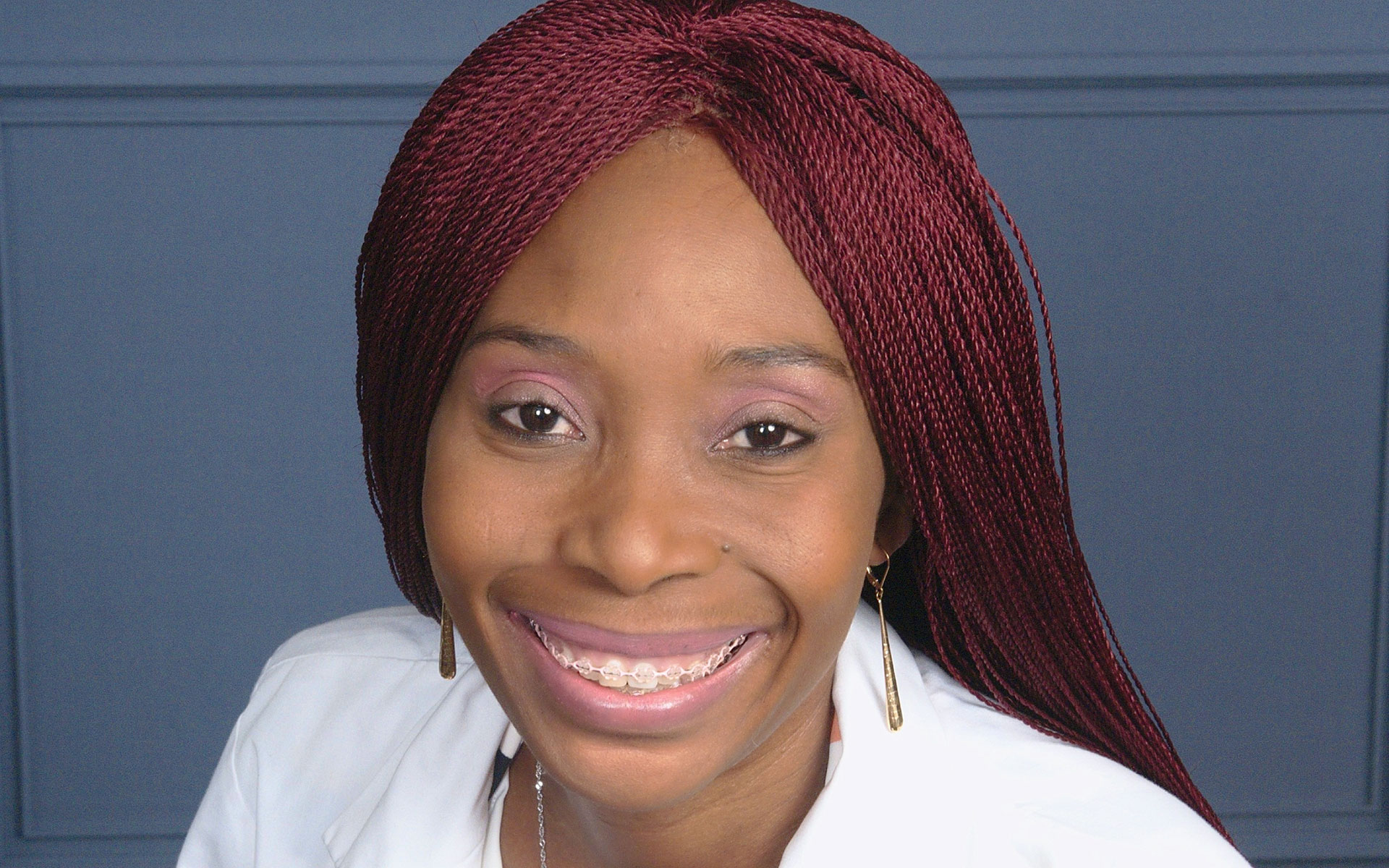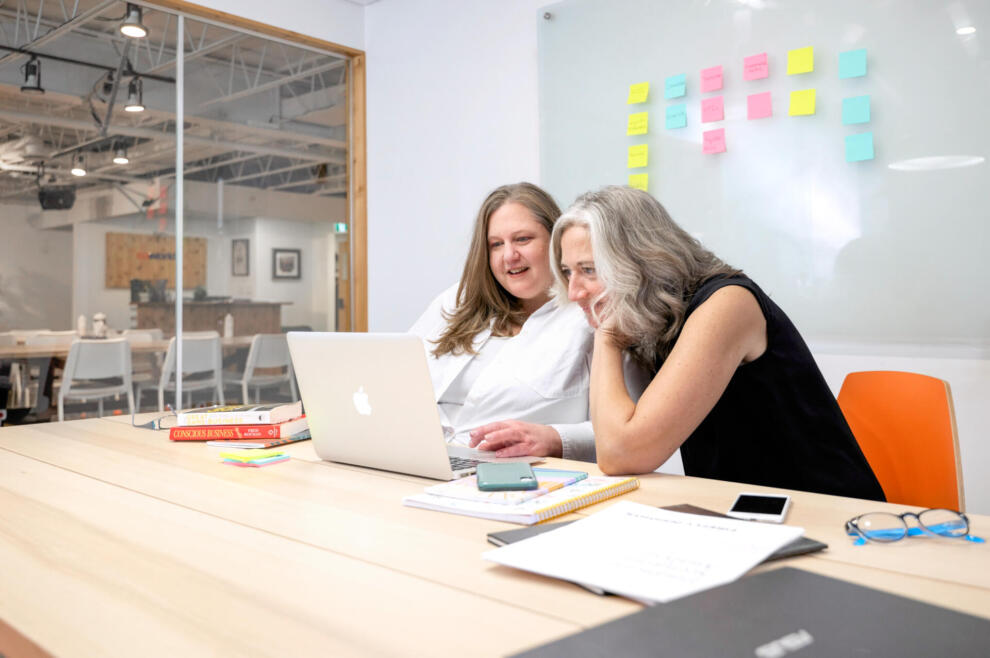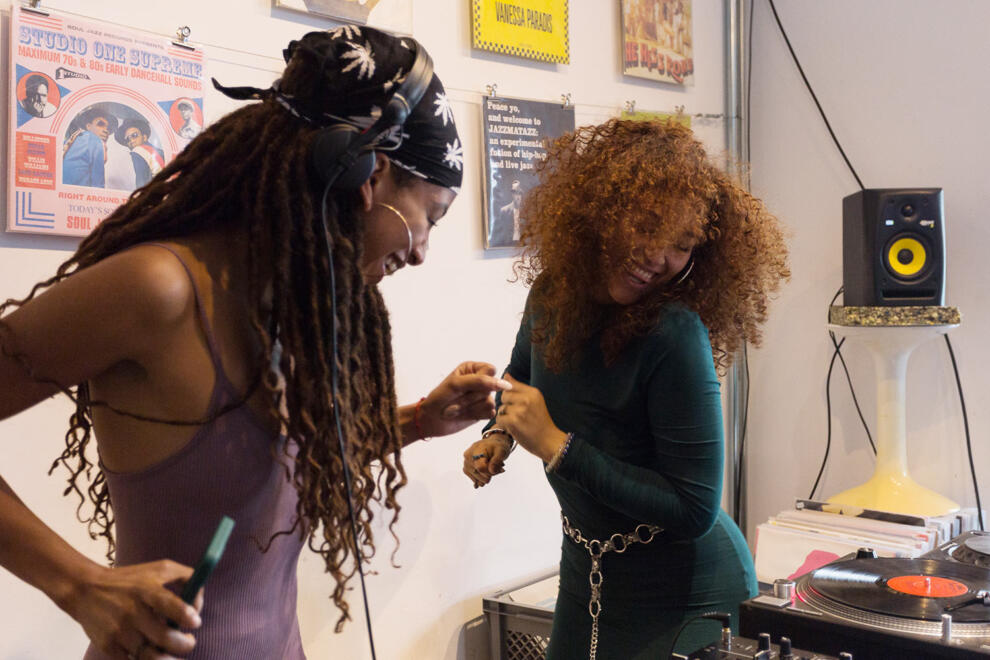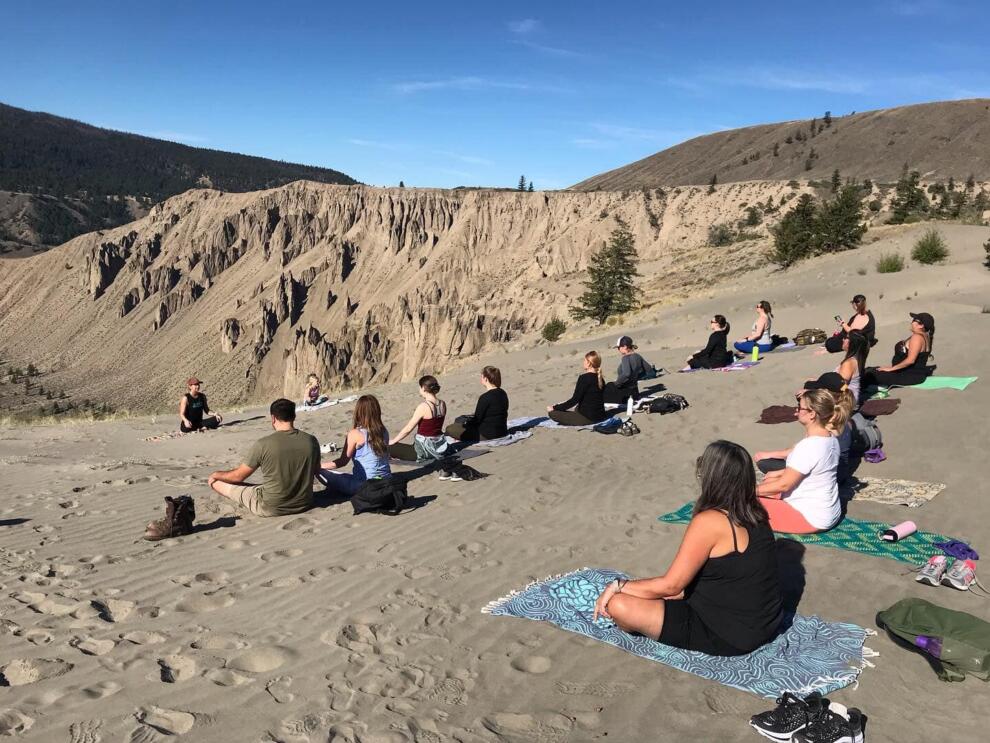Interview with Eve Estella Stiles

Eve Estrella Stiles is a 22-year-old unapologetic, Latinx, undocumented transgender woman of colour. Eve’s pronouns are She/Her/Hers and she is am from the North west side of Chicago, in the Belmont Cragin neighbourhood.
Tell us about your work and community organizing
I have dedicated my life to community organizing since i was 14 years old. I volunteered at VOYCE ( Voices of youth Chicago education) since i was 14. My focus at VOYCE was to educate myself and others about racial injustice and spread awareness on the large amount of young individuals of color that are incarcerated for “crimes” that can and should be solved through mental health resources, and not through incarceration. This eventually led me to helping pass a very important bill in Illinois, called SB100.
In 2015, at 15 years old. After many months of going to Springfield and personally speaking to legislators and senators, VOYCE (Voices of youth Chicago Education) and I were able to pass the Senate Bill SB100 in Illinois. This Bill is the rethinking safety campaign. This bill is about challenging the approach to what “safety” means within our schools. The common thought of “safety” within the Chicago communities were more security guards, more metal detectors, more police or even arming our teachers. But to us, safety is providing young people and their families with more access to mental and behavioral health resources (more therapists, social workers, counselors and school based clinics) in their schools to build healthier and safer learning environments. By passing this law in 2015, it allowed us to take the first step towards ending the criminalization of young people through harsh discipline that does not address nor help their issues in the long term.
After this Great triumph, I continued to educate, advocate and empower individuals in my community. I then began to empower myself which led me to advocate for who I am, And thats being transgender, Undocumented, and of color. My main focus in advocacy and community organizing today is to outreach and provide my trans brothers and sisters along with non-binary folks, free mental and physical health resources. As Trans and non-binary folks and undocumented folks we suffer from lack of stability within our family’s, financial situations and employments. This disables us from having stable or even health care at all. So my goal is to introduce as many individuals of my community with institutions or organizations that provide us the assistance the government wont provide us with. Of course as a Undocumented trans woman who’s been through a lot, being an advocate to me most of all means sharing my story, and learning from my experiences to be able to be there for younger individuals who identify the same as me or alike to me. We as queer people get to choose our families and my goal is to be that sibling my community can count on.
What are some of the biggest barriers facing trans and non-binary folks, especially in accessing care?
Trans, Undocumented and/or non-binary folks have a very hard times accessing healthcare. Majority of these issues stem from legal documentation. Undocumented individuals don’t have legal documentation to access high paying jobs that provide healthcare so this then creates a barrier for undocumented individuals. Not to mention paranoia within the undocumented communities run deep, which leads us to create fictional but very valid assumptions that we are not safe in healthcare facility’s, because we are undocumented.
I briefly spoke about the fear within undocumented communities, and the concerns about not having documentation. Well with queer individuals, specially with trans and non binary folks its the same but different. We struggle with having documentation but not having documentation that maches our identities. Changing our legal name or gender marker is not as simple as people believe. If you do not have the proper resources it can cost a lot of money, which of course is a big issue being we suffer from financial resources. Many of us continue to persevere with our legal names, but when it comes to health care its the hardest to ignore being some of us don’t want to take the chance of being outed in public from having health care facility’s call us by our legal name. Also many of us aren’t aware that you can ask to be called by a preferred name, but because there’s a lack of awareness within the community we fail to realize the control and power we have. This leads me to another issue. The issue in abuse of power. Many doctors or institutions refuse to serve trans or non-binary folks which can be very scary when having someone looking at you health and well being. These are only a few of the issues that impact trans and non binary folks with healthcare. There are many more that are subjective to each trans and non binary individuals. This is why it’s important to continue to ask and share these stories.
Could you share your personal experience accessing healthcare?
Accessing healthcare for me has been a very scary, intimidating, and dreadful process. As a transgender woman of color it is scary to feel confident or comfortable to want to visit the doctor because of the many reasons i spoke about before. I visit the doctor once every 5-7 years. Thats not an exaggeration. I’d prefer being in a safe space than risk being outed at a healthcare institution. I have had experiences where i went to the doctor and they call me by my legal name and everyone stares as i walk into the office. This is not only humiliating but also traumatic. Experiences like this are the reason why i make sure I can find resources for others like me so they dont suffer the way i did.
— Find out more about Eve Estella Stiles work

